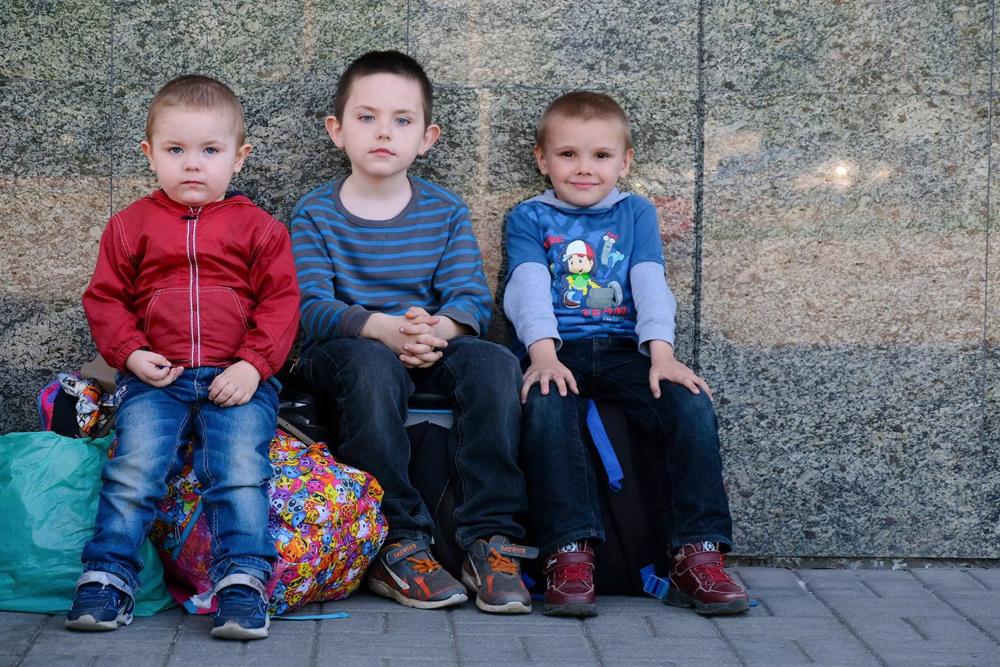
The United Nations Children’s Fund (UNICEF) has appealed to the international community to help ensure learning opportunities for children in Ukraine and refugee-hosting countries, putting the number of children whose education has been disrupted after 11 months of war at more than 5 million.
Since February 24, 2022, when Russia began its invasion of Ukraine, more than five million children have had their education interrupted, which is why UNICEF has called on International Education Day for greater international support to ensure that children «are no longer left behind.»
«Schools and early childhood education environments provide a crucial sense of structure and security for children, and missing out on learning could have lifelong consequences,» said UNICEF’s regional director for Europe and Central Asia, Afshan Khan.
«There is no pause button. It is simply not an option to postpone children’s education, and return to it once other priorities have been addressed, without risking the future of an entire generation,» Khan added.
The continued use of explosive weapons, even in populated areas, would have led to thousands of schools, kindergartens and other educational facilities across the country being damaged or destroyed. At the same time, many parents and caregivers are reluctant to send children to school for security reasons, the agency has learned.
Inside Ukraine, UNICEF is working with the Ukrainian government to help get children back to learning, in classrooms where it is deemed safe and through online or community-based alternatives if face-to-face education is not possible.
«While more than 1.9 million children were accessing online learning opportunities and 1.3 million children were enrolled in a combination of face-to-face and online, recent attacks on electricity and other energy infrastructure have led to widespread blackouts and left almost all children in Ukraine without sustained access to electricity, meaning that even attending virtual classes is an ongoing challenge,» the organization has warned in a statement.
In this regard, it has stressed that the situation outside Ukraine «is also worrying», underlining that two out of three refugee children are not currently enrolled in the education system of host countries.
This would be due, according to UNICEF, to several factors such as the scarcity of educational resources, and the fact that, at the beginning of the crisis and throughout the summer, many refugee families would have opted for online learning, rather than attending local schools, as they hoped to be able to return home quickly.
«UNICEF will continue to work with the Government of Ukraine and host country governments to provide solutions to help children in conflict areas, as well as those who have been displaced from their homes, to continue their education,» said Khan.
Within Ukraine, the UN agency is calling for an end to «attacks» on educational facilities and other civilian assets, including the energy infrastructure on which children and their families depend. It is also calling for greater support to ensure that children have access to educational materials and supplies so that they can continue to learn and stay connected to their peers and teachers.
In refugee-hosting countries, UNICEF has called for prioritizing the integration of Ukrainian refugee children into national education systems, especially in early childhood and primary education, with qualified teachers, educational materials and spaces available to support their face-to-face learning, development and well-being.
«It is important that relevant authorities identify and overcome regulatory and administrative barriers that hinder children’s access to formal education at all levels and provide clear and accessible information to refugee families. Where access to the education system cannot be guaranteed immediately, UNICEF calls for alternative learning pathways to be provided, especially for children of secondary school age,» the organization’s letter states.
Source: (EUROPA PRESS)






